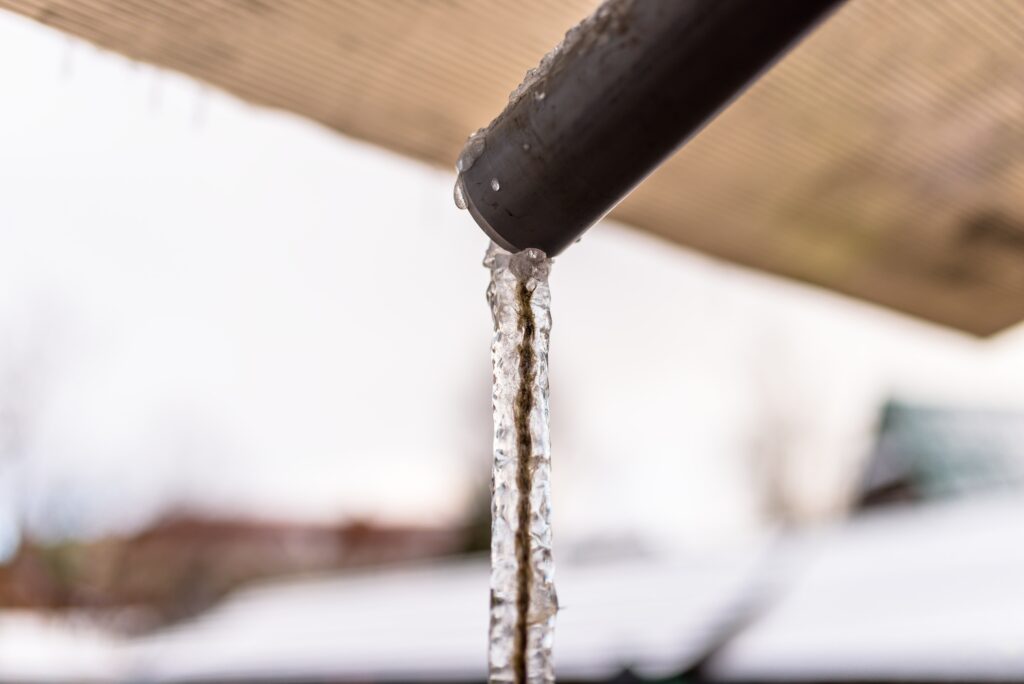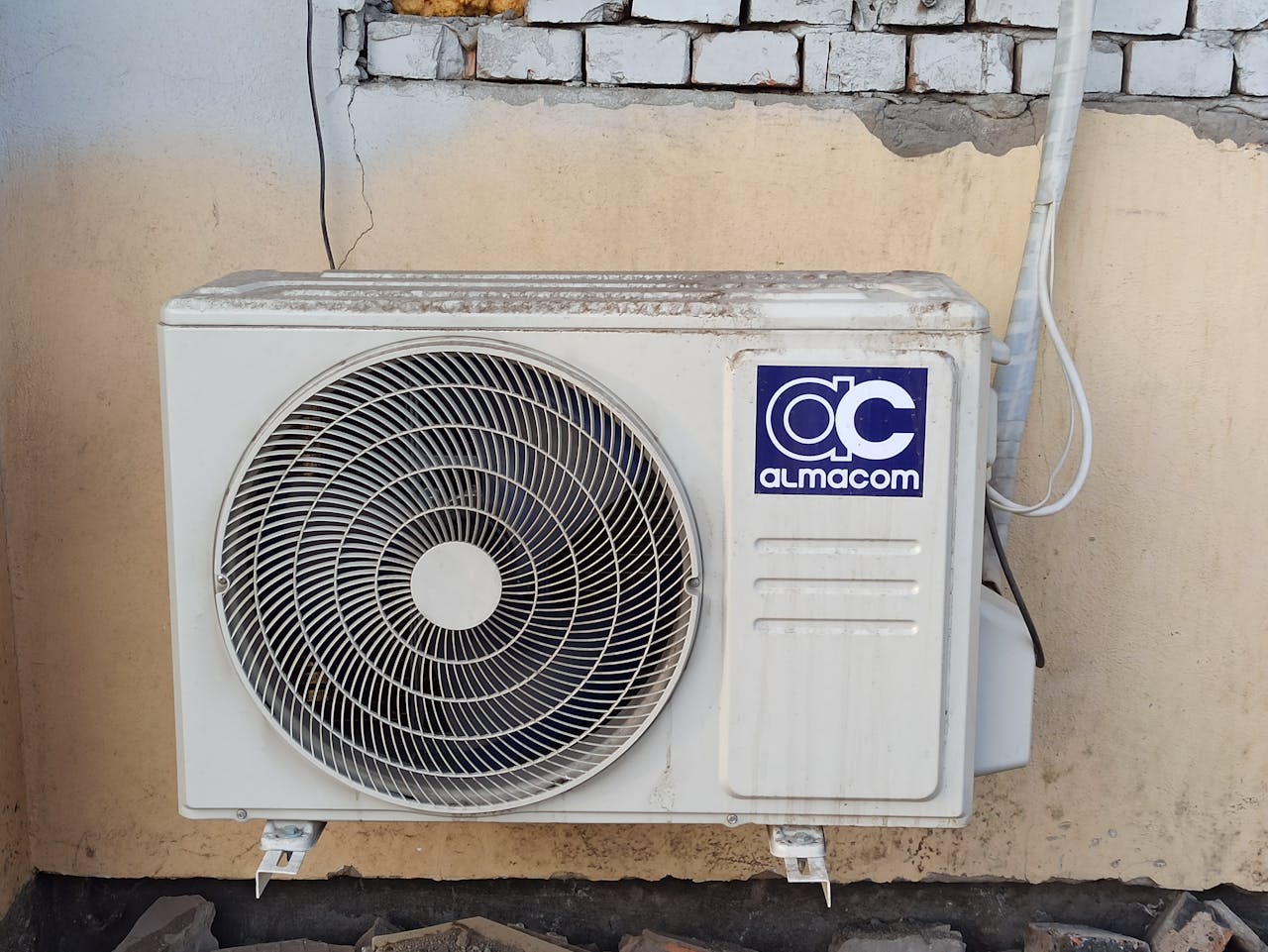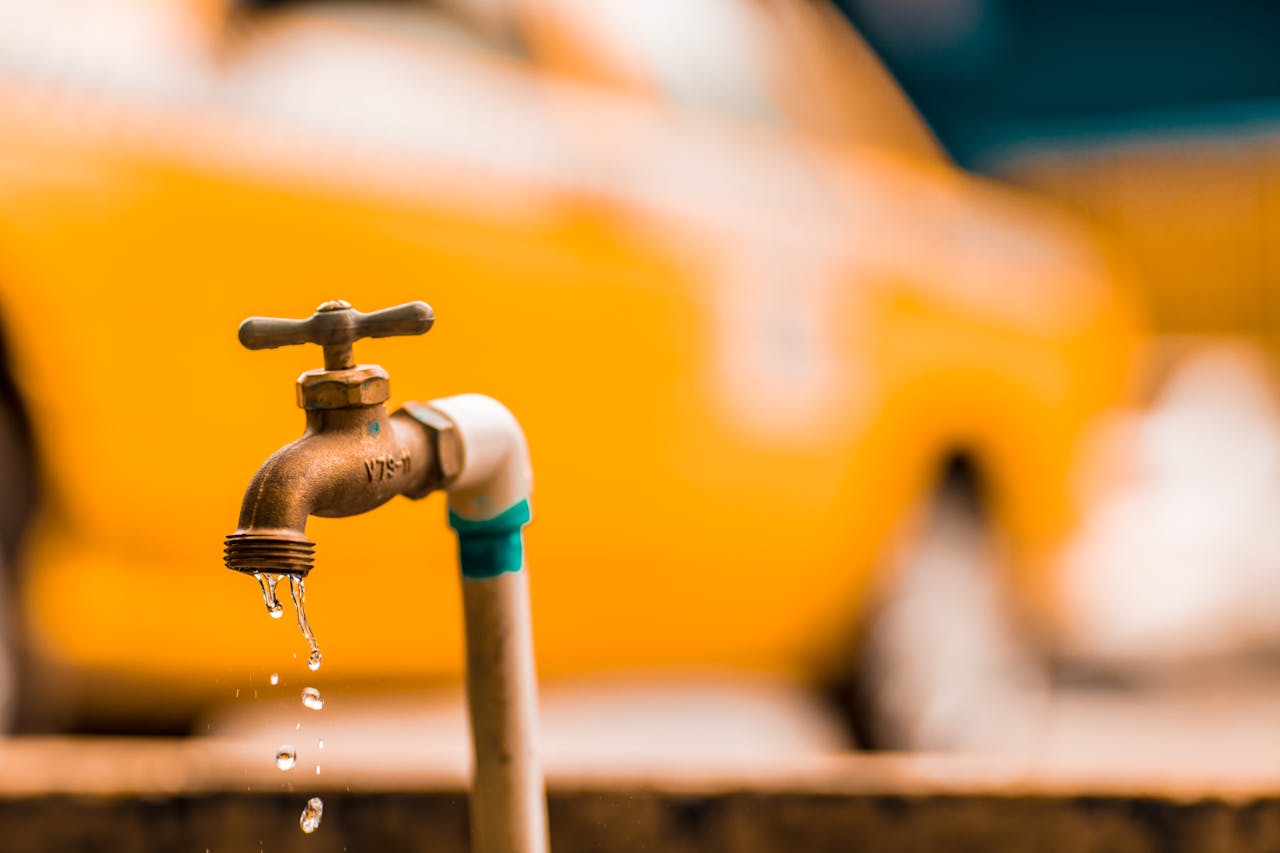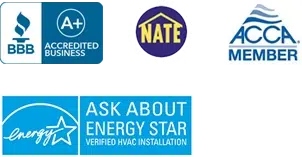Wintertime in Denver brings freezing temperatures and snowy landscapes, but it can also present an inconvenient and sometimes costly issue for homeowners: frozen pipes. Frozen pipes can lead to burst pipes and subsequent water damage, making prevention and timely intervention crucial. Understanding the common causes of frozen pipes and knowing how to minimize this risk can protect your home from potential damage and save you money on repairs.
Discover the leading causes of frozen pipes in Denver homes and share practical, targeted measures you can apply to prevent them. With expert plumbing advice, Doctor Fix-It Plumbing, Heating, Cooling & Electric will help you prepare your home for the colder months, ensuring the best protection from the challenges of winter and the peace of mind that comes with being prepared.
Common Causes for Frozen Pipes in Denver Homes
- Insufficient Insulation: One of the major causes of frozen pipes is a lack of proper insulation, particularly in areas of your home where pipes are exposed to colder temperatures. Outer walls, crawl spaces, basements, and attics are prime locations for freezing, and inadequate insulation can result in frozen pipes when outdoor temperatures plummet.
- Air Leaks: Drafts and air leaks in your home can lower indoor temperatures, contributing to the risk of pipes freezing. These leaks often occur around windows, doors, and in poorly sealed ductwork, making your plumbing system more vulnerable to low temperatures.
- Proximity to Exterior Walls: Plumbing pipes that run close to your home’s exterior walls have a higher risk of freezing, as they are more exposed to frigid outdoor temperatures. Proper insulation is essential to protect these pipes from freezing.
- Cold Weather Conditions: Extended periods of extreme cold weather, often experienced in Denver, can cause even well-insulated pipes to freeze if they are not adequately prepared for such conditions.
Strategies to Prevent Frozen Pipes
- Insulate Exposed Pipes: Enhance protection for pipes that are prone to freezing by insulating them with foam pipe insulation or other suitable materials. Focus on areas where pipes are exposed to cold air or located near walls. Insulation provides an extra layer of protection that helps maintain temperature stability within the pipes.
- Seal Air Leaks and Drafts: Conduct a thorough inspection of your home’s doors, windows, and ducts, identifying any sources of cold air leaks. Applying weatherstripping, caulking, or foam sealant to these leak sources can help improve temperature control and reduce the likelihood of frozen pipes.
- Redirect Cold Air Flow: If possible, modify your home’s layout to redirect cold air away from vulnerable pipes. For example, open kitchen and bathroom cabinet doors to allow warm air to flow around the pipes located beneath sinks. Alternatively, close vents or doors to rooms where pipes may be exposed, ensuring the air is consistently funneled away from these locations.
- Maintain Consistent Indoor Temperature: During the winter months, set the thermostat to maintain a consistent temperature inside your home. Avoid drastic changes in temperature, and keep the thermostat set to no lower than 55°F when you are away. A stable indoor environment helps prevent the rapid cooling of pipes.
Early Detection and Thawing of Frozen Pipes
- Detecting Frozen Pipes: Recognizing the signs of frozen pipes can help you take swift action to prevent damage. Symptoms of frozen pipes include restricted or no water flow, frost on the pipe’s exterior, strange odors from drains, or visible icing on the pipe.
- Thawing Frozen Pipes: If you suspect a pipe is frozen, gently apply heat to the affected area with a heat source, such as a hairdryer, electric heating pad, or hot towels. Never use an open flame on the pipes, as this can cause severe damage. Once the pipe has thawed, check for leaks or damage, taking the necessary steps to address them or calling in professional help as needed.
Additional Precautions and Winterizing Your Home
- Outdoor Faucets and Hoses: Disconnect and drain all garden hoses and outdoor faucets before winter arrives. Shut off the indoor valve that supplies water to these fixtures to prevent freezing, and consider using a faucet cover as an added layer of insulation.
- Insulation Checks and Upgrades: Conduct a thorough inspection of your home’s insulation, identifying any weak points or areas that need improvement. Better insulating your home not only helps prevent frozen pipes but it can also improve overall energy efficiency.
- Sump Pump Maintenance: Properly maintaining your sump pump can help prevent water from backing up and causing frozen pipe issues. Conduct routine checks for debris and ensure the pump is operating effectively.
Adopting these preventative measures and staying informed about the common causes of frozen pipes can help protect your Denver home from the costly consequences of freezing pipes and water damage. Regularly inspecting your home and taking action to minimize risk factors will equip you with the tools and knowledge necessary to prevent frozen pipes and ensure your home stays safe during the cold winter months.
Protect Your Denver Home from Frozen Pipes and HVAC Damage
Understanding the connection between frozen pipes and your HVAC system is crucial for safeguarding your home from potential damage and expensive repairs. Taking preventive measures such as insulating exposed pipes, sealing drafts, and maintaining a consistent indoor temperature can go a long way in mitigating the risk of frozen pipes. Act promptly and reach out for professional help if you suspect frozen pipes or HVAC system damage to ensure effective resolutions.
Don’t let frozen pipes threaten the comfort and well-being of your Denver home. Our team at Doctor Fix-It Plumbing, Heating, Cooling & Electric is here to provide comprehensive plumbing, HVAC, and electrical solutions that keep your home running smoothly all year long. Contact us today to schedule a consultation and discover the benefits of professional pipe repair and maintenance from our skilled technicians.

















